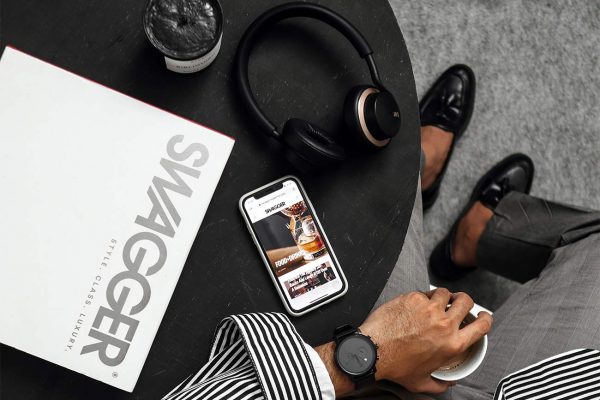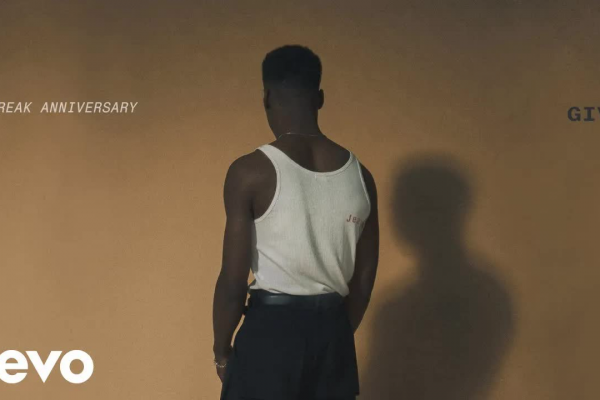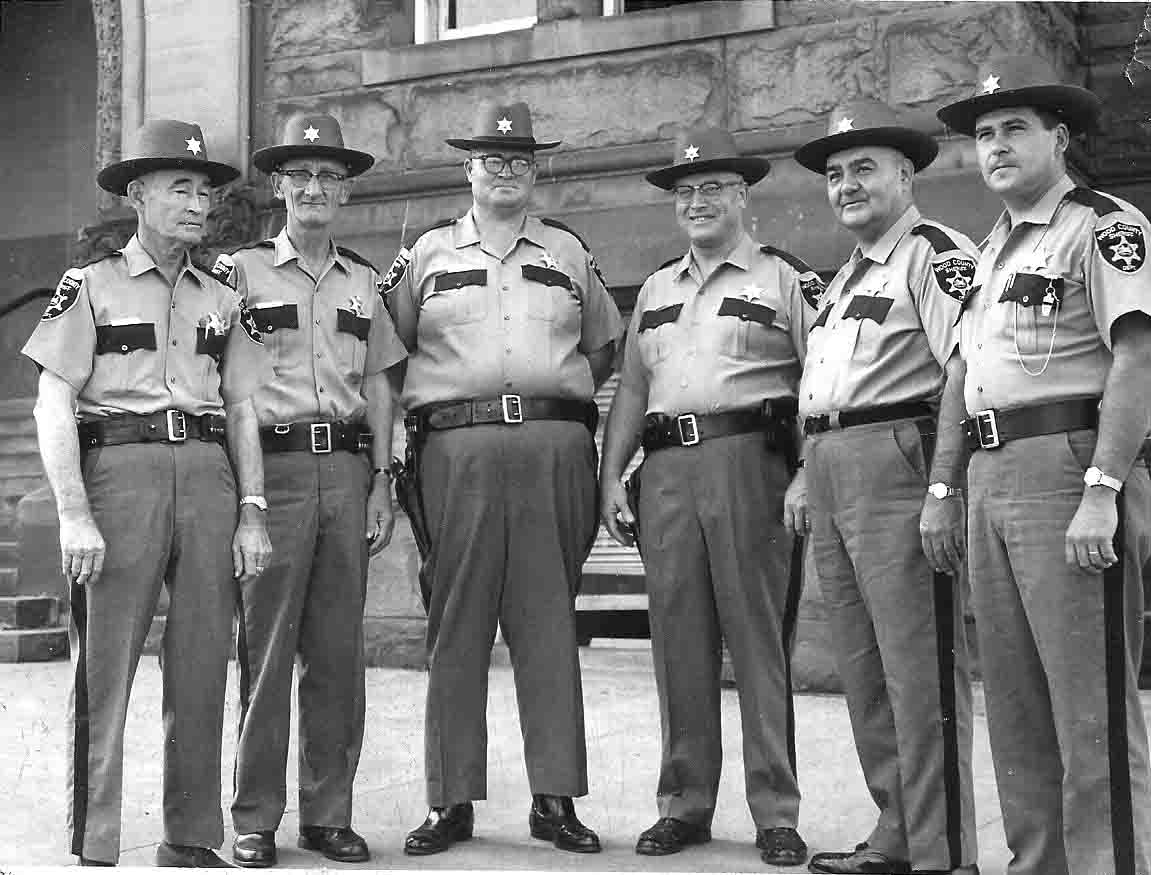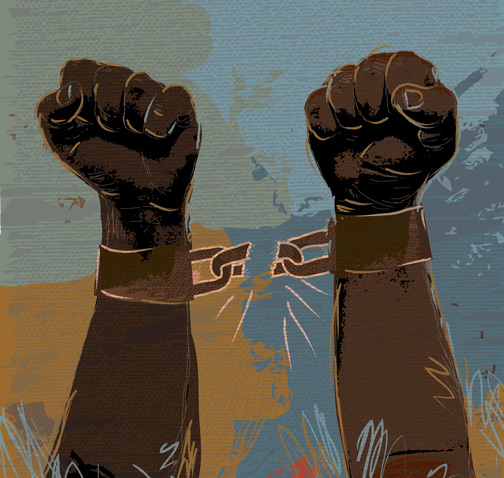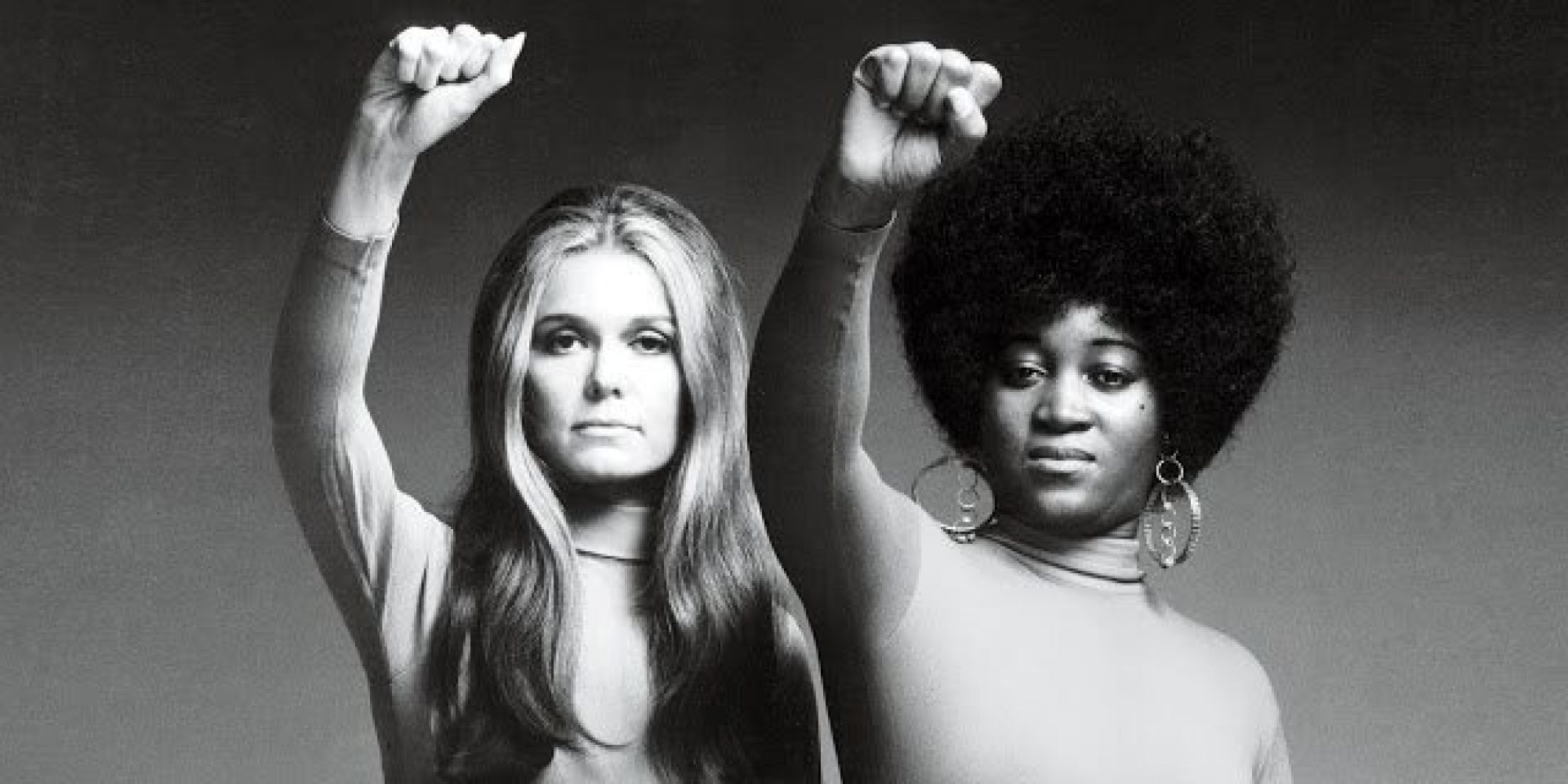I’ve read “Blueprint for Black Power,” several times, I’ve organized study groups dealing with the text, and I’ve advocated developing formations around the African Diaspora to refine and implement the “Blueprint.”
Saying all of that, I’d have to argue that “Blueprint…” is not one of Amos Wilson’s best works, I suspect it’s because he wanted the text to have mass appeal and be digestible for those Black people who are outside of the struggle as well as those who are within the struggle.
The book covers the ideology and rationale for Black Power, and most importantly it gives specific instructions on how to build Black Power. Amos’ work is so critical I would question anyone’s understanding of Pan-Africanism and the Black Conditions if they were unfamiliar with his works.
Just like any Blue Print, “BPBP” is a framework, a guide, a foundational text so you’d have to ask:
- Are there any holes in the text, is there anything that Dr. Wilson missed or misunderstood? Wilson didn’t intent for the text to be a Bible, but a guide so feel free to be as critical of it as you can and take none of it a face value.
- Am I willing to commit to the an agenda put forth by “BPBP” and by the larger struggle the text Advocates over the long haul? I could take generations to fully actualize Black Power, they work you begin with this text and within the struggle is the kinda work your grandchildren will have to take up and complete, or their children will have to. If you can’t work and plan and pass one the struggle and resources for generations, then you are not going to build Black Power, even if you have a great Blueprint.
- What resources do you currently have at your disposal? You are not starting from zero, you have to mobilize what’s already available to you and advance from there. You don’t have to cut ties or do anything that drastic to begin the work, you simply have to make the needed shifts in focus and time/resource appropriation.
- Who around me is down? Black Power must be a collective effort, so you have to link with those who are active and/or train those who are down but not properly oriented and educated to do the work.
If you don’t engage the text as an instructional guide to help you build towards Black Power, they you’ve missed the context all together, because that’s what the text seeks to do. So, I hope my questions are of some service even though I suspect they are not what you were seeking.

